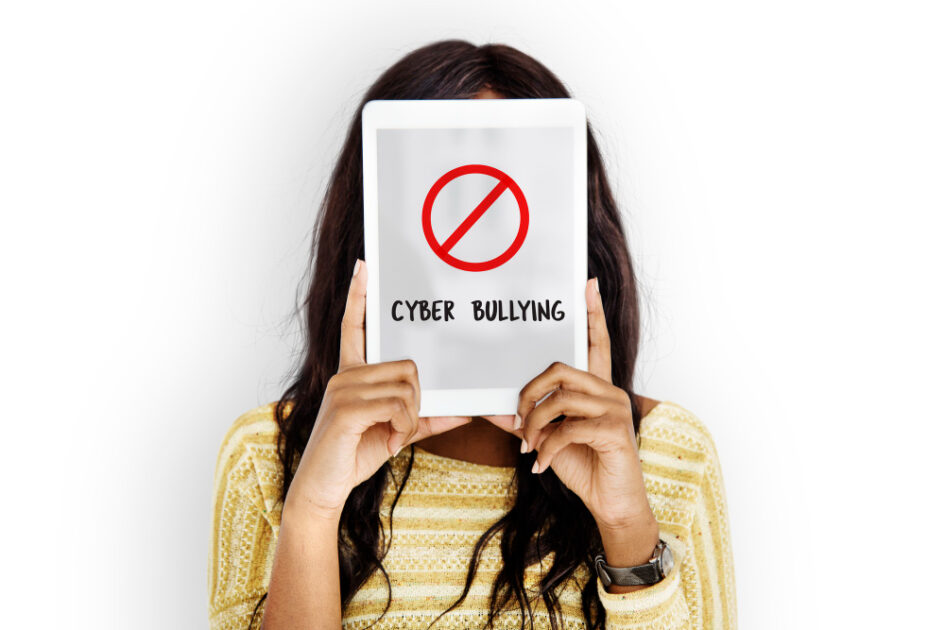Cyberbullying can significantly impact our minds and cause a deterioration in mental health, no matter how hard we try to block out what the trolls say.
We’ve all heard of bullying when someone is subjected to unwanted aggression and hostility from another person or group. Physical assault, verbal abuse, and social embarrassment have all been used. With the rise of social media, bullying has taken on a new dimension. Cyberbullying is becoming a widespread issue, and only recently have people begun to recognize its adverse effects on mental health.

What does cyberbullying mean?
Cyberbullying is a kind of harassment that takes place over the internet. In today’s world, it’s pretty standard. Cyberbullying can affect anyone, from teenagers in high schools to well-known celebrities worldwide. As a result, it is past time to discuss how it affects one’s mental health.
Here are some of the impacts of cyberbullying on mental health
Cyberbullying puts its victims at risk for mental health issues, and it can have the following effects:
1. It causes depression, anxiety, and post-traumatic stress disorder (PTSD)
Because of the trauma imposed on the victim, there is a link between cyberbullying and depression. An individual who has been the mark of cyberbullying may become anxious and lose interest in activities they enjoy.
As a result of depressive episodes following a cyberbullying incident, sleeping patterns, eating habits, and energy levels may suffer. There are scenarios in which the victim’s brain recalls the traumatic event, triggering a physiological stress response and PTSD. This occurs because the brain may secrete stress hormones continuously, causing the victim to relive the stressful event repeatedly. This increased sensory overload can overwhelm a victim, leading to a slew of negative thoughts and a lack of emotional control.
2. It lowers one’s self-esteem
People who have been the targets of cyberbullying may develop a negative image of themselves. Because the brain’s defense mechanism kicks in and makes one doubt their abilities, confidence levels and decision-making abilities are hampered due to the trauma.
Making decisions, such as what meals to eat or what clothes to wear, can be complicated for some people. This indicates a loss of control followed by a generalized feeling of drowsiness that prevents victims from getting out of bed or bathing.
3. It shows signs of suicidal ideation
There may also be instances where victims have suicidal thoughts or consider harming themselves physically. These are uncommon and advanced symptoms that necessitate prompt medical attention.
Here are some strategies for dealing with cyberbullying
While it is understandable that victims of cyberbullying may feel shame and fear, they can still use the following strategies to deal with the situation:
1. Use legal recourse and deter the offender:
Victims can go to the police and file complaints under computer and criminal laws. There are provisions prohibiting the electronic publication or transmission of obscene materials and criminal intimidation through anonymous communication. Victims of such heinous acts may also be able to block perpetrators on the websites and applications where the bullying occurred.
2. Speak with someone
In moments like these, reach out to friends and family members for support. They can offer you emotional support and encouragement as you strive to live a life of dignity and strength. To improve your mental health and coping mechanisms, you could also seek counseling or therapy.
So, everyone, be aware of your mental health and don’t be afraid to seek out all available resources if you are the victim of cyberbullying.


I very delighted to find this website on bing, just what I was searching for : D besides saved to bookmarks.